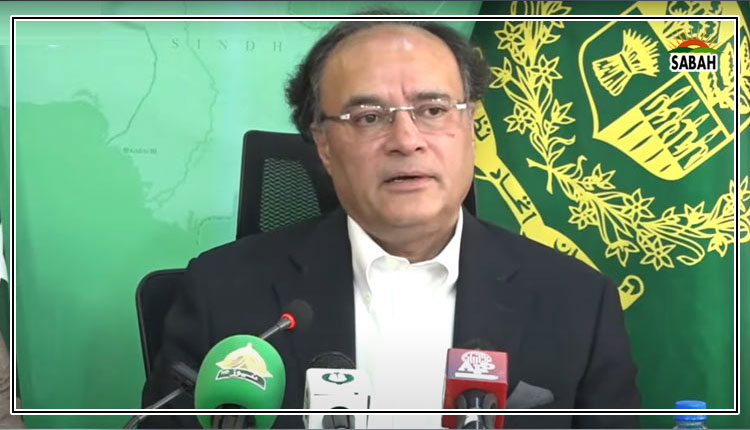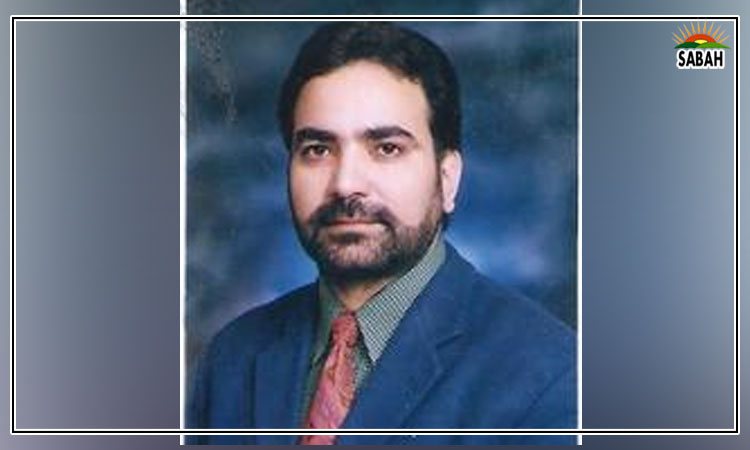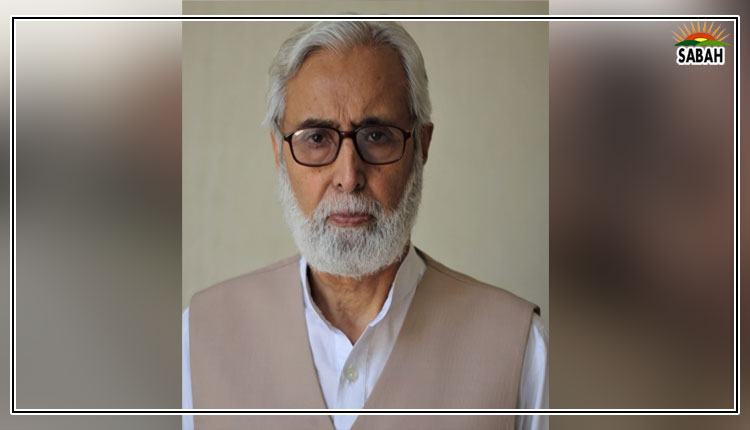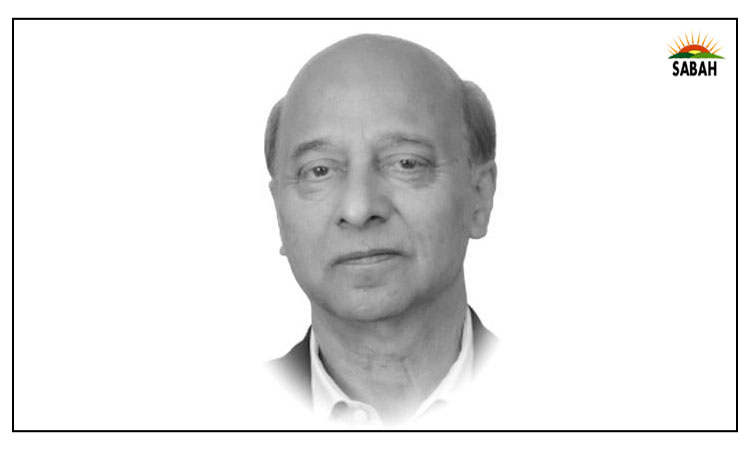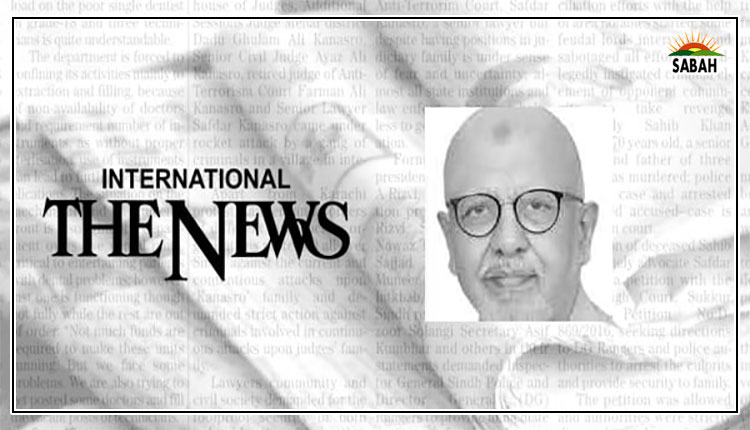Tattered rule ….Farhan Bokhari
As Pakistan tackles an escalating wheat supply crisis amid a threatened nationwide protest by farmers from Friday (May 10), a chronic pattern is set to repeat itself.
Events leading up to the upcoming protests and beyond are a powerful reminder of Pakistan’s once relatively functional ruling environment, over time having simply fallen in tatters. Irrespective of the severity of the wheat crisis, Prime Minister Shehbaz Sharif’s government has so far largely paid lip service to the cause of farmers, instead choosing to focus on consolidating its rule.
While finding those culpable for the wheat crisis during Sharif’s rule since February or earlier is vital, it nevertheless pales by comparison to solving a long-term riddle. A square focus by Pakistan’s rulers to arm their chosen few with more authority, notably witnessed with the elevation of Foreign Minister Ishaq Dar to deputy prime minister, bears no effect on tackling the multiple challenges surrounding Pakistan.
For farmers, an overwhelming majority of whom are wheat cultivators, the immediate challenge remains that of selling their produce at rates promised earlier by the government. A failure to sell their produce at the promised price leads to financial losses for Pakistan’s farming community, with future consequences.
The immediate and large-scale losses for farmers in the shape of lower than promised financial returns for wheat growers will, in turn, hamper their ability to make the minimum required investments in their upcoming crops, notably rice and cotton.
A failure to understand the vicious circle surrounding Pakistan’s agriculture sector marks a failure to understand a key element of the country’s economy. The story witnessed today surrounding the government’s all too detached view from the wheat economy and beyond is akin to a failure to comprehend the story elsewhere.
At the heart of Pakistan’s present-day woes lies a recurring failure to adequately reform the country’s tax and revenue structures. Unless Pakistan witnesses an end to the recurringly high fiscal deficits chronically plaguing the economy, the ongoing turmoil will simply remain out of control.
In this era of tattered rule, other monumental objectives notably narrowing Pakistan’s international trade deficit will fail to happen. For far too long has Pakistan’s trade with the outside world been plagued by an increasingly yawning gap between imports and exports. Consequently, Pakistan’s appetite to remain spendthrift without fail has saddled the country with a growing foreign debt, year after year. Today, Pakistan’s unending reliance on the International Monetary Fund (IMF) for yet another uncomfortable bailout, has more to do with the country’s lifestyle, mainly of its rich and famous, than ever before.
Repeatedly, a succession of Pakistan’s ruling elite including the country’s present rulers has failed to oversee an era of unprecedented reforms. Ironically, the agenda for reforms has been repeatedly spelt out under a succession of governments. The failure to reform however relates to a failure to act, rather than a failure to understand exactly what needs to be done.
At the heart of Pakistan’s dismal outlook lies a need to act immediately and powerfully on fronts that deserve attention. In recent weeks, beyond the ruling structure’s obsession with rewarding its chosen few, notably Dar’s elevation as deputy prime minister, other bits of symbolism have just been unimpressive.
On the one hand, if former prime minister Nawaz Sharif’s ‘personal visits’ to Lahore’s ‘naan’ shops accompanied by Chief Minister Maryam Nawaz were meant to show off his personal touch with the public, he has clearly failed. The rising inflation across Pakistan in recent years has already slapped the country’s mainstream and low-income consumers with unbearable pain, forcing tough choices upon ordinary households.
On the other hand, Dar’s elevation to deputy prime minister has only reinforced the image of a ruling structure detached from the public. For too long have his credentials been built up by the PML-N in utter disregard of track record.
As finance minister from 2022 till just last year, some of Dar’s questionable public pronouncements raised questions over his understanding of Pakistan’s economy. He notably added to strains in Islamabad’s ties with the IMF, to the extent that the lender’s present loan to Pakistan materialized only after Prime Minister Shehbaz Sharif intervened personally with the managing director of the IMF.
And for Pakistanis who viewed Dar’s well publicized interview on BBC’s HardTalk some years ago, his choice this year as foreign minister was clearly unfathomable. Notwithstanding his failure to articulate a capable defence of charges of corruption against Nawaz Sharif in his BBC appearance, his inability to defend Pakistan before any global audience was quickly exposed.
For the foreseeable future, the Sharif-Dar arrangement is set to remain in place given the personal relationship between the two men. It is a tragic reality for the future as the battle for lifting Pakistan’s prospects must be scaled up and won.
The writer is an Islamabad-based
journalist who writes on political and economic affairs. He can be reached at: farhanbokhari@gmail.com
Courtesy The News


